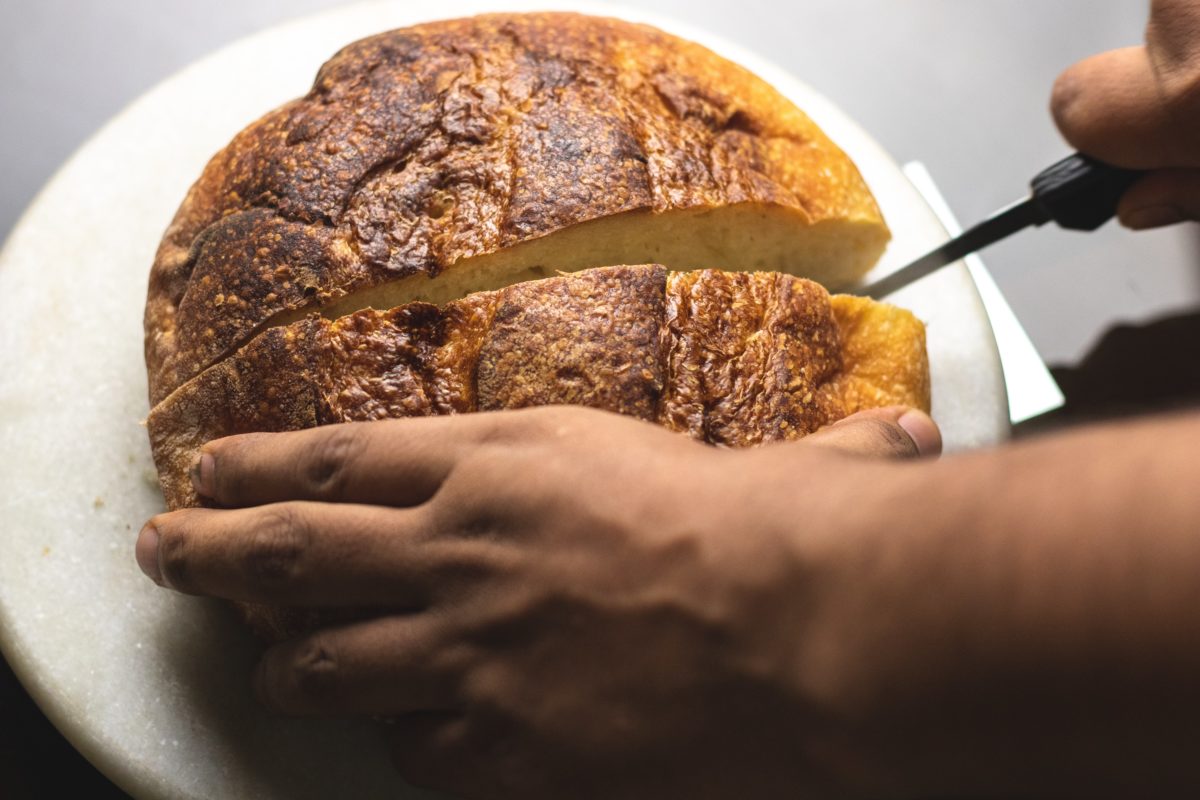EDIT: Gross sales for a cottage food operation must not exceed $50,000 annually, NOT $15,000 as we previously shared.
“Hey, Bungalower. My friends keep tagging me in photos of home chefs on Instagram, but I keep wondering if they’re really legal. Is this a thing??” – Bungalower reader
Orlando and the Central Florida region saw a spike in home chefs during the pandemic, hawking their home-cooked wares on digital platforms like Instagram and Facebook, which can be a completely legal way to make a buck. But not every home-cooked meal is kosher with the Florida government, and the Florida Cottage Food Law allows individuals to sell only very specific types of foods that are produced in a home kitchen.
A Cottage Food Operation is a person who produces or packages “cottage food products” at their residence and sells them, in accordance with section 500.80 Florida Statutes. Most of those products tend to be biscuits, breads, cakes, pasta, and popcorns, due to the strict policies in place that restrict what a home chef can and can’t make in their home kitchen.
For instance, Cottage Food Products:
- Require temperature control measures to keep them safe by limiting pathogenic microorganism growth or toxin formation.
- Cannot include animal-based food items that are raw or heat-treated.
- Cannot include plant-based food that is heat-treated or consist of raw seed sprouts, cut melons, cut leafy greens, cut tomatoes, or mixtures of cut tomatoes that are not modified in any way. Pumpkin and sweet potato pies are not allowed.
- May not contain hemp extract, including CBD or THC.
- Cannot include cream cheese and butter icings.
- Cannot include homemade syrups.
- Cannot include salsas, tomato sauces, and products with cooked vegetable products, as they do not qualify.
- Drinks and beverages are not allowed.
- Wood-fired ovens for breadmaking are only allowed if located in your home kitchen.
- Dehydrated meats are not allowed.
- Home-canned products cannot be used in baked goods, only commercially canned goods are permitted.
Cottage Food Law requires specific labeling with the name and address of the operation, the name of the food product, the ingredients in the product, in descending order of weight, allergen information, appropriate nutritional information if a nutritional claim is made, and the statement “Made in a cottage food operation that is not subject to Florida’s food safety regulations.” in 10-point type.
Cottage food products can only be made in the kitchen of your primary residence and operators cannot sell more than $15,000 $50,000 a year.
Click HERE for more thorough information on what you can and can’t do under Cottage Food Operations.
Do you have a question you’d like us to answer? Send us an email at [email protected] and we’ll do our best to get you the information you need.

